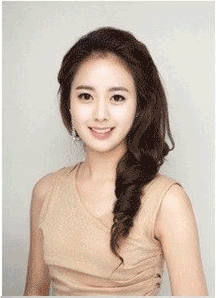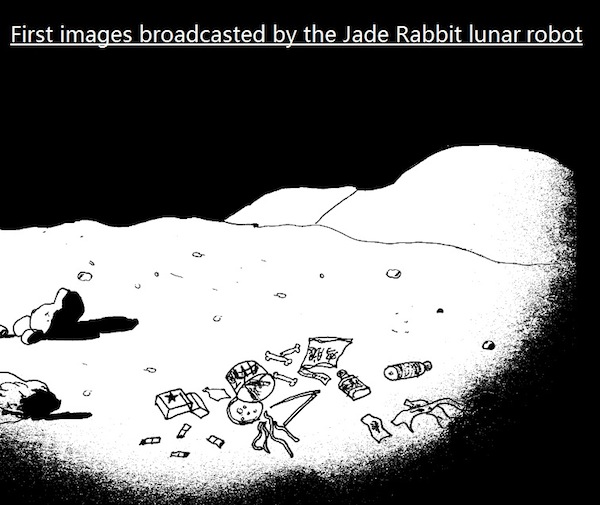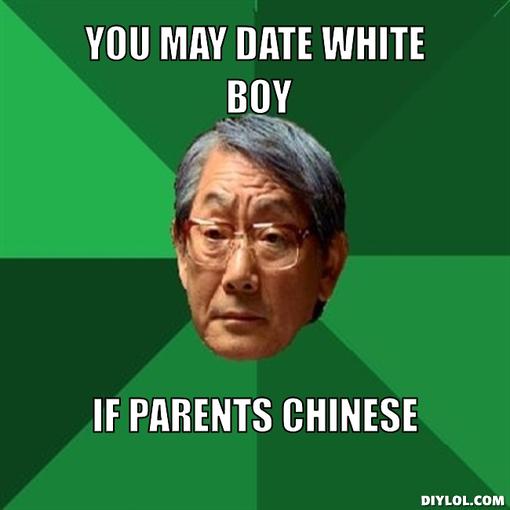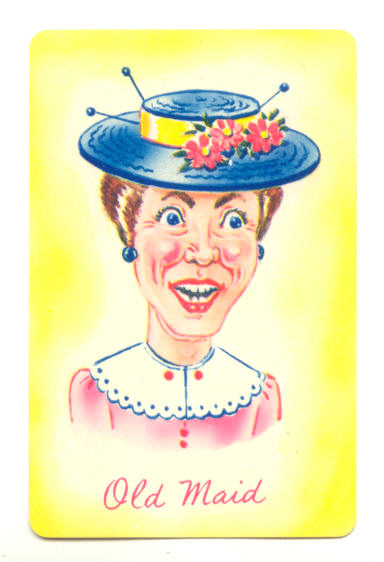In 2011, I met Dr. Yuan in Boston. He was a visiting scholar from Shanghai, China and worked at the Boston General Hospital’s clinic. His wife was in her sixth month of pregnancy; at that time, they already had a 9-year-old son.
Doctor Yuan said he was pretty lucky: during their second month in the U.S., his wife became pregnant. Their baby would be an American, born during their length of stay in the States; they wouldn’t have expected this– a second child– if they were in China.
In comparison, Zhiqi Cai, who was teaching in South China University of Technology, was fired recently for allegedly breaching the one-child policy. Cai and his wife’s first child, now a 6-year-old girl, was born when he was a Post-Doctorate candidate at Ohio State University, in 2007. As the child was an American citizen, Cai assumed it would be legitimate to have a second child in China– their first in the country– since his family hadn’t “met” China’s one-child quota.
Cai’s second child was born in Tianjin, in northern China. Later, a whistle-blower exposed the family, and Cai received a notice from his place of employment (the South China University of Technology) that he was in violation of the one-child policy and would be fired according to Guangdong’s family planning regulations. Mainland Chinese scholars aren’t supposed to have a child during their one-year study period in the United States; or, to Cai’s situation, despite whatever other citizenship his first child held, he wasn’t “allowed” another Chinese-citizenship child.
Cai is starting a lawsuit against the University’s Office of Family Planning. To illustrate the difficulty faced by Chinese academics, Tingbing Cao, the head of the Department of Chemistry at Renmin University, who’d conducted research at Harvard University from 2002 to 2005, jumped to his death from the ninth floor of a campus building in March after being threatened with dismissal for having a second child. His colleague, Jianxin Li, a Beijing University professor, attributed his death to extreme pressures brought on by his colleagues’ accusations on Weibo of having another child.
Under such circumstances, if Dr. Yuan wanted to back to China, he’d be fired for violating the three-decades long family planning policy, even though the easing of the policy is just around the corner.
Dr. Yuan is lucky: he’d already found a job in Boston, and he said he would quit teaching in China.
For many scholars with short study periods in the U.S. or abroad, it’s tempting (and risky) to flout the one-child policy. After overseas studies, these academics tend to enjoy higher reputation and better employment prospects. Adding to that a freer social environment, a more convenient passport, better social welfare systems, and modern education– many of them choose to take the risk. Sometimes, this means possibly losing almost everything back in China and starting from scratch.
Dr. Yuan told me, “I’m not doing anything good for myself here; I’m doing something good for my kids.” His nine-year-old son was standing by his mom. He showed her his first award: ranking number one in the class, in English.




